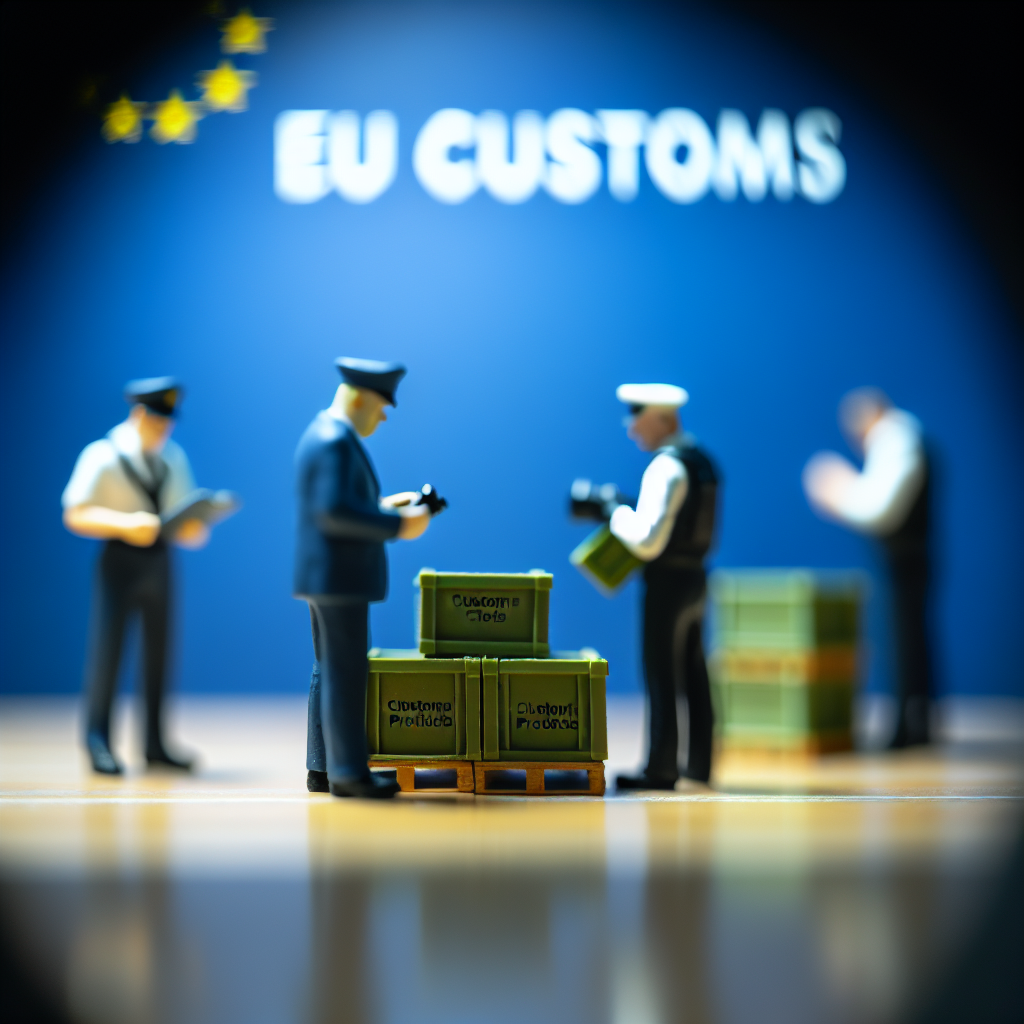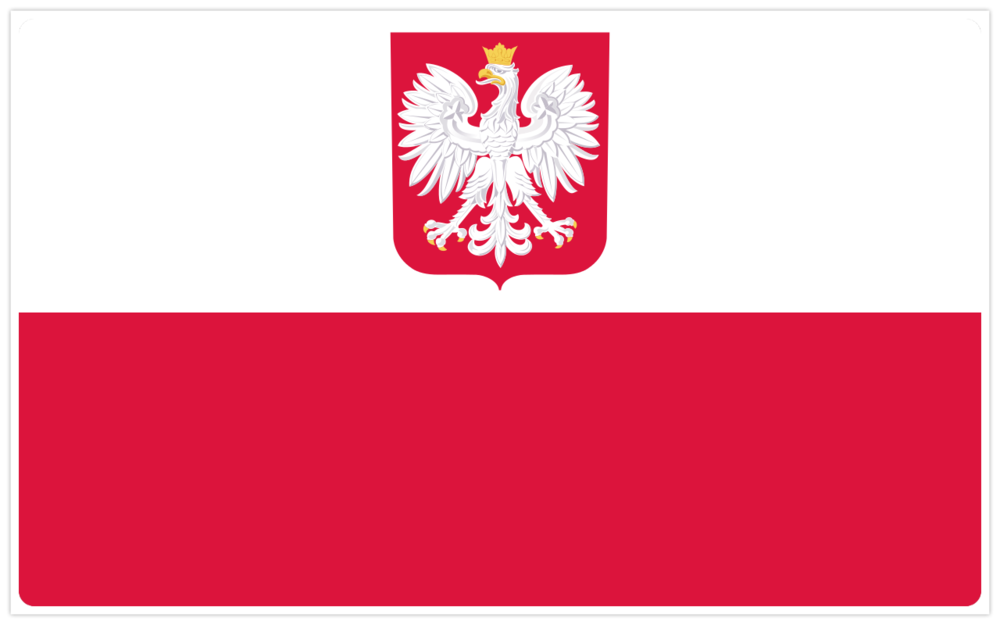EU Strengthens Customs Checks on UK Plant Products from June: New Documentation Requirements Explained
The European Union is introducing stricter customs controls on plant products arriving from the United Kingdom from June. These changes come amid ongoing post-Brexit adjustments and will significantly impact exporters, importers, and logistics companies dealing with agricultural goods. Understanding the updated documentation requirements is crucial to minimize delays and ensure compliance.
Key Changes in Documentation and Customs Procedures
Exporters and importers of plant products must now adhere to enhanced documentation requirements designed to bolster biosecurity and food safety within the EU. Under the revised regulations, several steps are mandatory:
- Plant Health Certificates: All consignments must be accompanied by official phytosanitary certificates issued by UK authorities, confirming compliance with EU plant health standards.
- Pre-Notification Obligations: Importers must notify the relevant EU border control post before shipments arrive. This involves digital submission of documentation via the TRACES NT platform.
- Increased Physical Inspections: The EU will increase the frequency of physical and identity checks at borders, particularly for high-risk plant products.
- Traceability Documentation: Detailed records tracing the origin and handling of plant materials are required to aid rapid response in the event of pest or disease detection.
Failure to provide the correct documentation or non-compliance may result in shipment delays, returned consignments, or destruction of goods. Businesses trading in products like fruits, vegetables, and ornamental plants must familiarize themselves with these stricter protocols to prevent disruptions.
Implications for Businesses and Logistical Considerations
The heightened checks and new documentation place added responsibility on all parties in the supply chain. UK exporters must coordinate closely with their logistics providers and EU importers to ensure all paperwork is complete and submitted on time. Training staff to handle the latest digital systems, such as TRACES NT, and keeping abreast of regulatory updates will be vital.
While the new regulations intend to safeguard European agriculture, they also mean increased administrative burdens and potential for bottlenecks at border posts. Proactive planning, early engagement with authorities, and process optimization can help mitigate these risks and sustain smooth trade flows.
Conclusion
In summary, the EU’s enhanced customs checks and documentation rules for UK plant products will require diligent preparation across the supply chain. Adhering to the updated requirements is essential for uninterrupted trade and avoiding costly setbacks. By staying informed and prioritizing compliance, businesses can adapt successfully to this new operational landscape.


